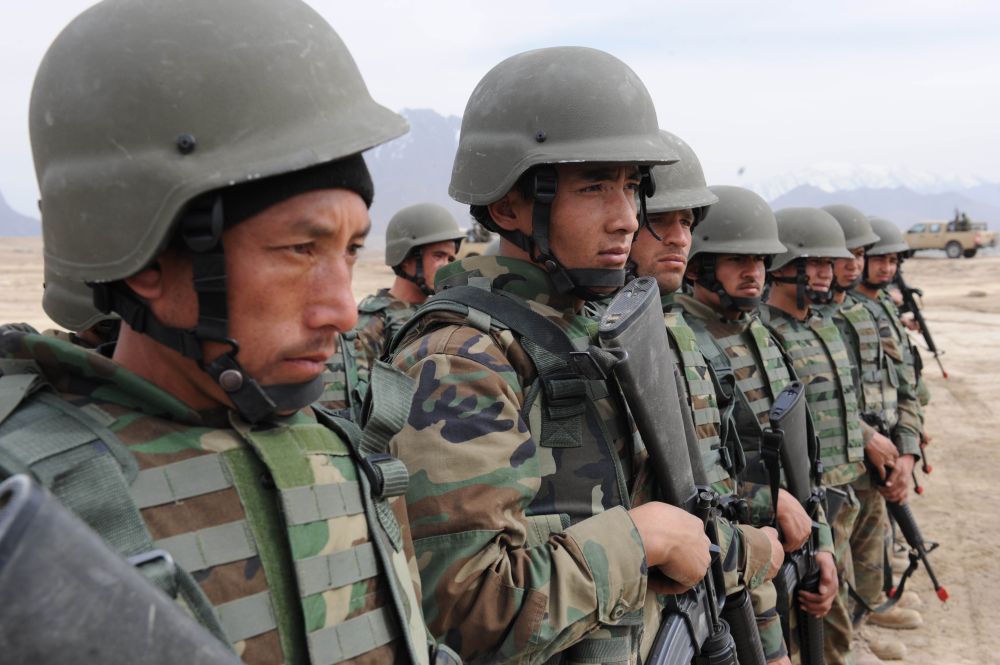WASHINGTON, Dec. 2, 2011 — The United States and its allies and partners in the international community must do everything possible to make sure Iran never obtains a nuclear weapon, Defense Secretary Leon E. Panetta said tonight.
Taking questions from the audience after his speech during the opening session of the 2011 Saban Forum, Panetta addressed a range of Middle East issues, including the nuclear threat from Iran.
Iran’s President Mahmoud Ahmadinejad insists his nation’s nuclear program is a peaceful enterprise, but the International Atomic Energy Agency reported in November about evidence indicating that Iran is trying to build a nuclear bomb.
“Iran’s continued drive to develop nuclear capabilities, including troubling enrichment activities and past work on weaponization documented by the IAEA, and its continued support to groups like Hezbollah, Hamas and other terrorist organizations,” Panetta said in his opening remarks, “make clear that the regime in Tehran is a very grave threat to all of us.”
The forum is an annual gathering of U.S. and Israeli officials and policymakers. This year the group focused on the historic shifts taking place across the Arab world and their implications for U.S.-Israeli security and interests in the Middle East region.
About Iran, an increasingly menacing element of the region, President Barack Obama said last month that the United States will take no options off the table in dealing with that country’s nuclear ambitions.
“At this point, we believe that the combination of economic and diplomatic sanctions that have been placed on Iran have had a serious impact,” Panetta said. “Iran is isolating itself from the rest of the world. It is truly becoming, chiefly as a result of the attack on the British embassy, a pariah in that region. Their own government is off balance in terms of trying to establish any kind of civility within Iran.
The international community has a common goal, Panetta said: an Iran that does not develop a nuclear weapon.
Working together with Israel, with allies in the region and with the international community is the best way to pressure Iran, Panetta said.
“It’s the best way I believe to ultimately weaken this nation, so that ultimately they have to make a decision about whether they continue to be a pariah or whether they decide to join the international community,” the secretary added.
Panetta noted that Israeli Prime Minister Benjamin Netanyahu has said the use of military force should be a last resort. Using military force against Iran’s nuclear program would delay the nuclear effort only by a year or two, the secretary said. “A greater concern is the unintended consequences,” he added. These could include a backlash in the region that would serve to strengthen a regime that is now weak and isolated.
The United State would be blamed for such an attack, the secretary said, “and we could possibly be a target of retaliation from Iran, [which might] strike our ships [and] military bases.”
Using military force against Iran also could produce severe consequences for economies around the world, Panetta said, including those of Europe and the United States. And using force could prompt an escalation in the region, he told the audience — a nuclear arms race “that I think would consume the Middle East in confrontation and conflict.”
The key, he said, is for the international community to work together to make sure Iran does not acquire a nuclear weapon.
“We have made good progress in these efforts,” the secretary said. “We continue to make good progress in these efforts. That’s where we ought to continue to put our pressures and our economic and diplomatic efforts.”
The world always will have military action as a last resort, Panetta said. “But it must be the last resort, not the first,” he emphasized.
Source:
U.S. Department of Defense
Office of the Assistant Secretary of Defense (Public Affairs)

 von
von 
